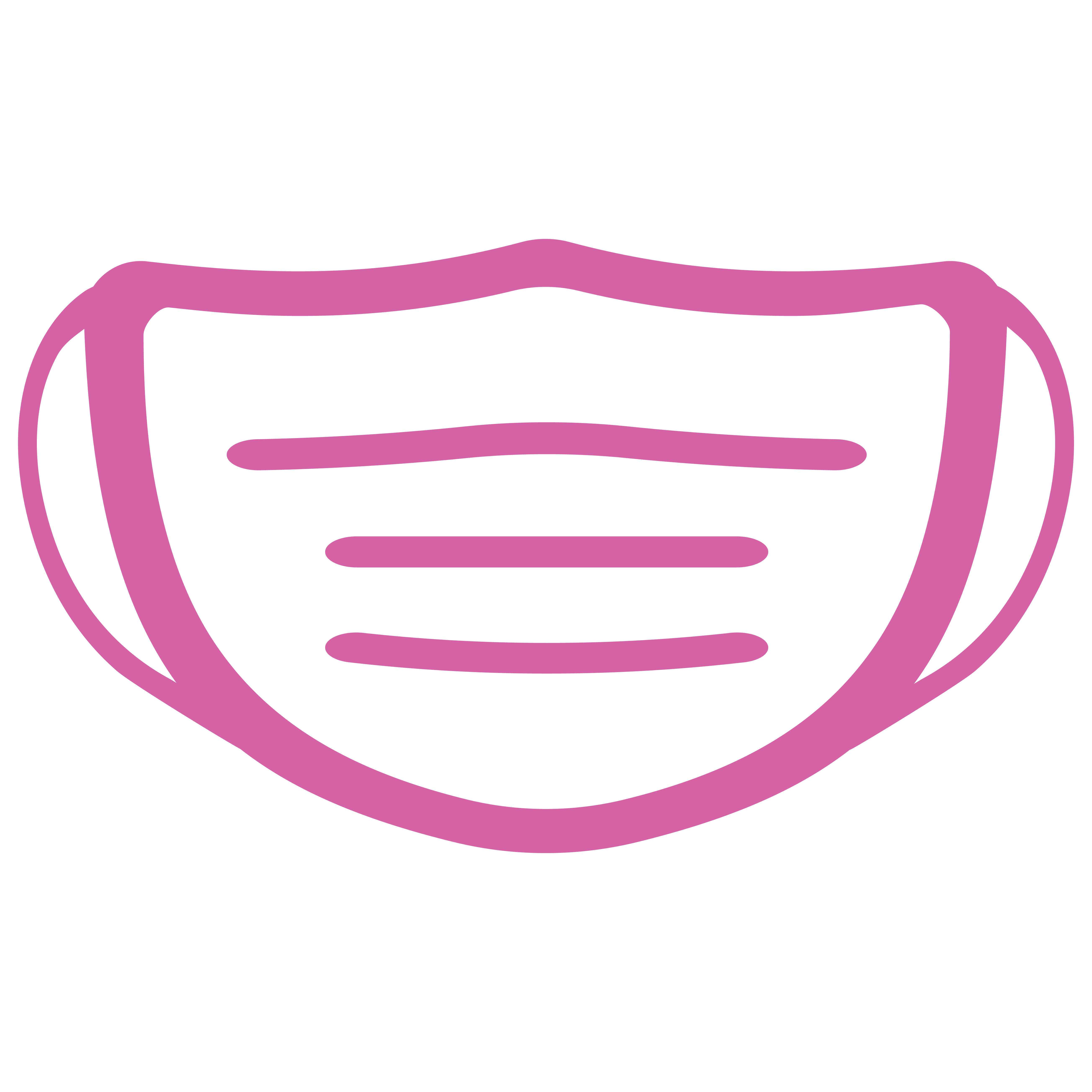Health care providers and local organizations are helping more people with Medicare obtain care for depression, dementia and substance use disorders. HQIN’s resources and consultation make it easier to establish screening programs, align treatment resources and coordinate care, especially in rural and economically disadvantaged areas. Our team also helps providers decrease the impact of opioid misuse by sharing guidelines for prescribing and de-prescribing, educating about pain management alternatives, and reducing high-dose opioid use by nursing homes.
Behavioral Health & Opioids
Patient & Resident Safety
Health care providers and local organizations are helping more people with Medicare obtain care for depression, dementia and substance use disorders. HQIN’s resources and consultation make it easier to establish screening programs, align treatment resources and coordinate care, especially in rural and economically disadvantaged areas. Our team also helps providers decrease the impact of opioid misuse by sharing guidelines for prescribing and de-prescribing, educating about pain management alternatives, and reducing high-dose opioid use by nursing homes.
Chronic Disease Self-Management
Conditions like diabetes, cardiovascular disease and chronic kidney disease burden almost 60% of people with Medicare, reducing their quality of life and complicating other health care conditions. HQIN connects clinician practices with evidence-based treatment recommendations and local resources, such as lifestyle change and disease self-management programs. We bring health care providers, health departments and community organizations together to improve population health, especially in rural and economically disadvantaged areas.
Care Transitions
Poor coordination of care when patients move from one provider to another puts patients at risk for adverse drug events and avoidable hospital utilization. These can lead to serious health complications and higher costs for people with Medicare. HQIN convenes hospitals, post-acute providers and local organizations in 41 rural and disadvantaged communities to improve care coordination. We help hospitals, nursing homes and home health agencies strengthen transfer communications and engage community services that enable patients to stay healthy at home.
In addition, we work directly with hospitals on internal processes that improve discharge planning and coordination with post-acute providers, patients and families.
Nursing Home Quality
With HQIN’s assistance, nearly 900 nursing homes with lower “Medicare Compare” star ratings are improving performance in critical areas like continence care and fall prevention. This makes higher-quality care available to more people with Medicare. Our experts provide technical assistance and data analyses that support stronger Quality Assurance and Performance Improvement plans (QAPIs), more accurate MDS coding of resident status, and better coordination with hospitals to prevent readmissions. We also extend the ability of nursing homes and local health departments to manage COVID-19 by sharing strategies and best practices for infection control, increasing capacity and assessing personal protective equipment inventories and supplies.
Patient & Family Engagement
With HQIN’s assistance, nearly 900 nursing homes with lower “Medicare Compare” star ratings are improving performance in critical areas like continence care and fall prevention. This makes higher-quality care available to more people with Medicare. Our experts provide technical assistance and data analyses that support stronger Quality Assurance and Performance Improvement plans (QAPIs), more accurate MDS coding of resident status, and better coordination with hospitals to prevent readmissions. We also extend the ability of nursing homes and local health departments to manage COVID-19 by sharing strategies and best practices for infection control, increasing capacity and assessing personal protective equipment inventories and supplies.

Infection Prevention Quality Improvement Initiatives
The Centers for Medicare & Medicaid Services (CMS) directs QIN-QIOs to provide intensive, no-cost technical assistance to nursing homes in our four-state region when it identifies infection prevention deficiencies. When we receive a CMS referral, HQIN immediately contacts the facility to develop a Targeted Response Quality Improvement Initiative (QII). This includes reviewing the issue(s), identifying the root causes, developing an action plan, selecting and implementing interventions, and measuring progress. These QIIs are part of CMS’ response to COVID-19 and we strongly encourage facilities to take full advantage of the free assistance we offer.
